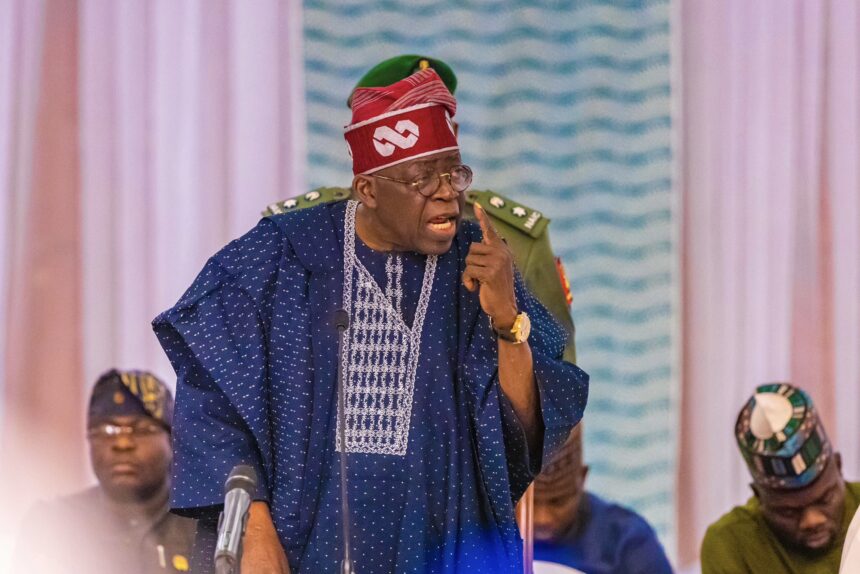Nigeria has officially reverted to its old national anthem, “Nigeria, We Hail Thee,” after President Bola Tinubu signed the National Anthem Bill, 2024 into law on Wednesday.
The newly re-adopted anthem, written by Lillian Jean Williams in 1959 and composed by Frances Berda, replaces the previous “Arise O Compatriots” anthem that had been in use since 1978 when it was introduced by a military government.
The Senate and House of Representatives had swiftly passed the bill earlier this week after considering reports from respective committees.
The accelerated passage came after the Attorney General of the Federation and Minister of Justice, Lateef Fagbemi, advised lawmakers on Monday to engage in wider consultations before enacting the change.
Senator Tahir Monguno, who chairs the Senate Committee on Judiciary, Human Rights and Legal Matters, presented the committee’s report endorsing the bill. He stated that the new national anthem was “apt as it represented the country’s people, culture, values and aspirations.”
“The bill is in tandem with the spirit of unity. It will undoubtedly inspire a zeal for patriotism and cooperation. It will promote cultural heritage. Changing the national anthem will chart a path to greater unity,” Monguno said, recommending the bill’s passage.
This legislative move marks the first time Nigeria’s national anthem has received legal backing. Supporters argue that the reverting to the old anthem, with its lyrics “Nigeria, We Hail Thee,” better captures the nation’s diversity and aspirations for unity.
Critics, however, have questioned the lack of wider public consultations and argue that the process was rushed without adequate input from citizens and stakeholders.
Regardless, President Tinubu’s signing of the bill into law has cemented the change, officially restoring the anthem that was originally adopted at Nigeria’s independence in 1960 until it was replaced by the military regime 18 years later.
As Nigeria embraces its old national anthem once again, the move is seen as a symbolic effort to promote unity, patriotism, and a connection to the country’s cultural heritage.









